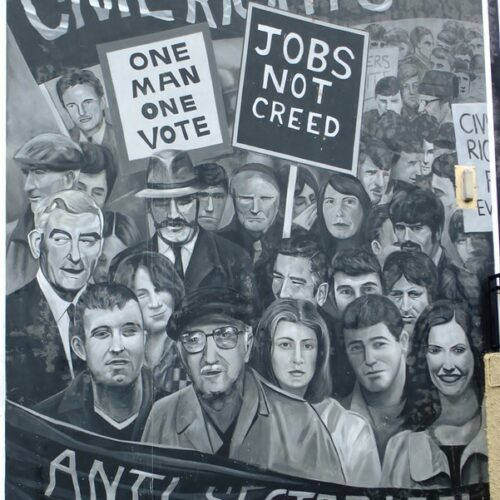

Organised humanism began in Northern Ireland in the 19th century, with a host of secular, radical, and ethical societies emerging from the 1870s onwards. The Belfast Ethical Society was formed in 1896, the same year as the Union of Ethical Societies (now Humanists UK) was founded, quickly becoming a centre of progressive thought and active social reform. However, there was already a rich tradition of scepticism and secular thinking in the northern part of Ireland, dating back to the 17th century.
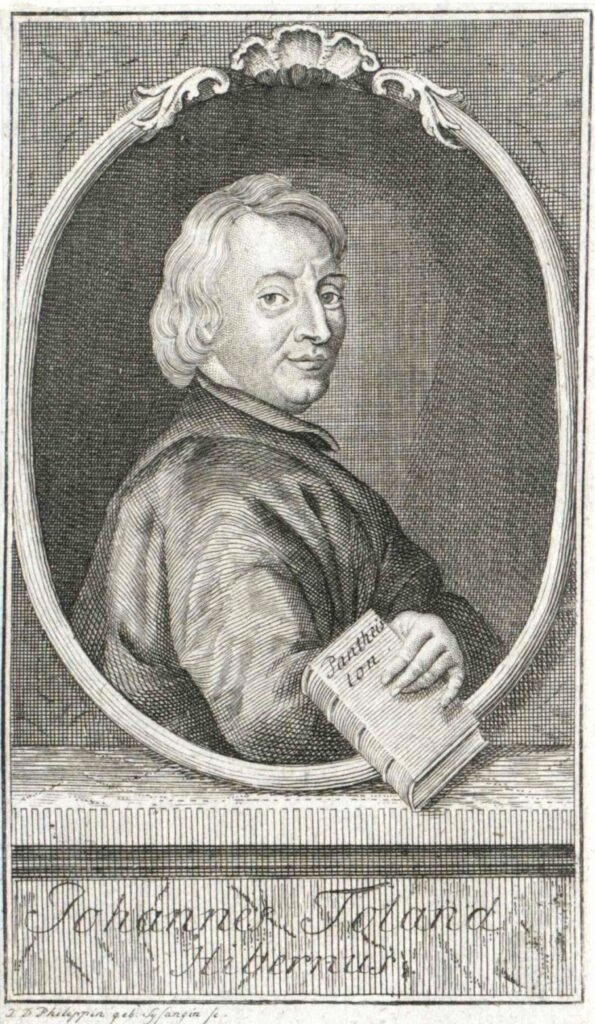
John Toland (1670-1722), who was born in Donegal, is described as one of the first freethinkers of the Enlightenment, though he described himself as a pantheist. In 1695 he published Christianity Not Mysterious which the Irish House of Commons decided should be burned by the hangman twice. In this he applied rational principles to analysis of the Bible, and Leibniz recognised the progressive nature of his arguments for the supremacy of reason over revelation.
In the 1790s the north of Ireland was gripped by revolutionary fervour. The ideals of the French Revolution were interpreted locally as the basis for a secular society. The Penal laws still favoured members of the Established Church with limitations on the rights of dissenters such as Presbyterians and especially of Catholics. But in Belfast in particular there was a push for equal rights. The American and French Revolutions had shown that states and laws could be based on Enlightenment principles of reason, science, and equality. The Society of United Irishmen was formed in 1791, and included radical secularists such as William Drennan.
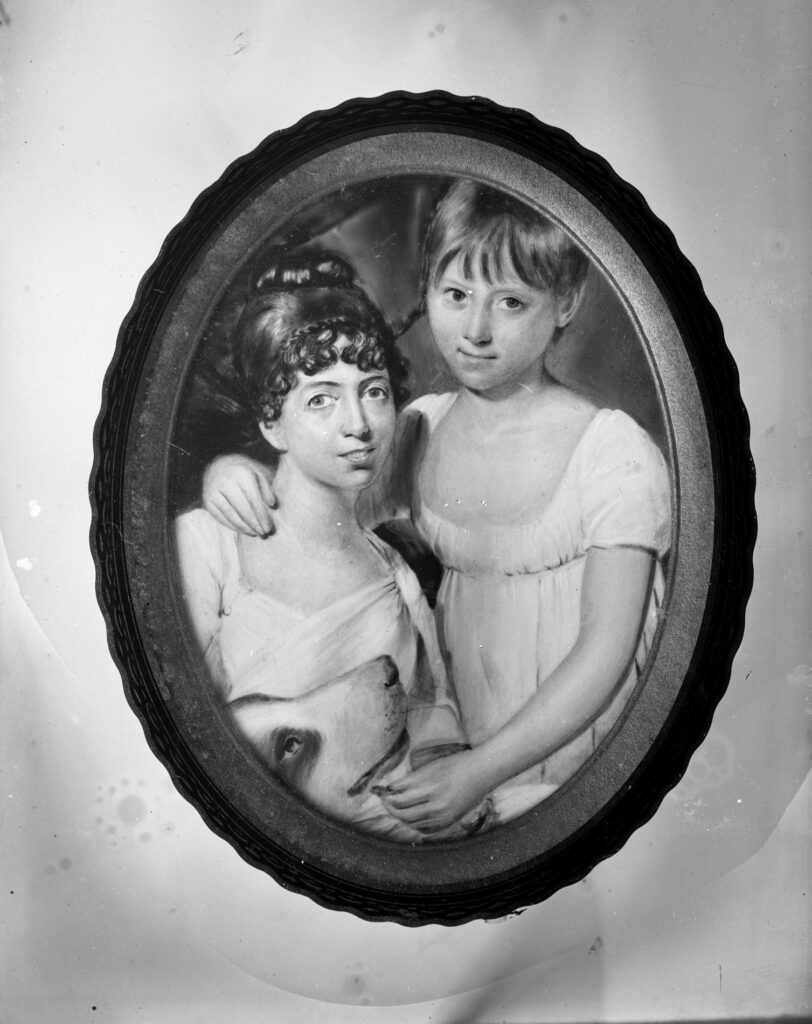
The Rebellion of 1798 was a failed coup, but the ideals were lived out in the work of Mary Ann McCracken, sister of the rebel leader, and William Drennan who had been a founder of the movement. They were important supporters of the Belfast Charitable Institution which provided for the poor regardless of religion and introduced the first vaccine trials to Ireland. Mary Ann was a social reformer, activist for women and abolitionist.
Dr Drennan was a keen advocate of scientific principles and the rational organisation of society. He founded The Belfast Academical Institution, which promised admissions ‘perfectly unbiased by religious distinctions’. Its purpose was:
to diffuse useful knowledge, particularly among the middling orders of society, as one of the necessities rather than of the luxuries of life; not to have a good education only for the portion of the rich and the noble, but as a patrimony of the whole people.
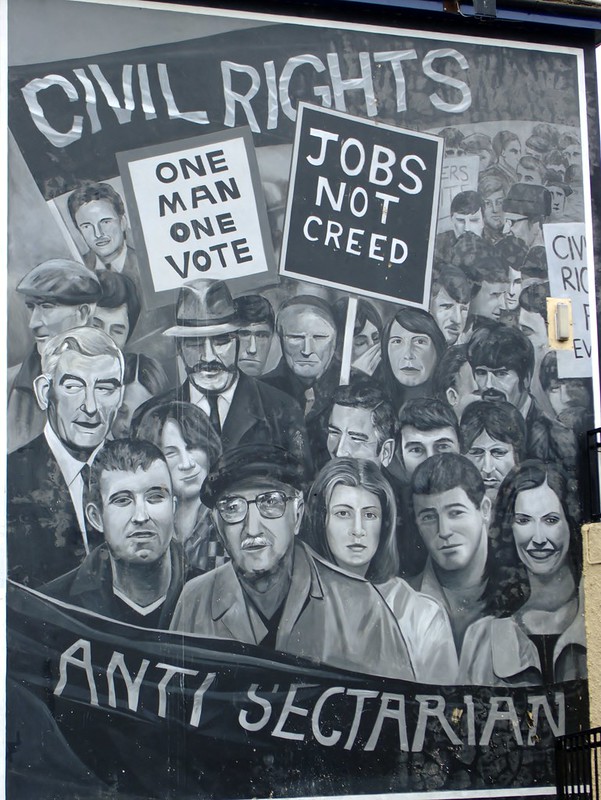
Education was the battleground for those promoting secularism in nineteenth century Ireland. In 1831 the government introduced non-denominational education to unite in one system children of different creeds with the right to opt out of RE. However, a succession of compromises with the Churches led to segregation. Following the founding of Northern Ireland in 1921 the first Minister of Education tried again to create non denominational schools. The 1923 Education Act banned religious instruction and religious tests for teachers. However, once again the Churches forced compromise and segregation and the plan was abandoned.
The ideas of civil rights for all emerged in the 1960s, influenced by events in the USA and France. The protestors demanded an end to religious discrimination, particularly in housing and jobs. The Northern Ireland Civil Rights Association highlighted the discrepancy between the growing secular rights enjoyed by the English and the religious discrimination in Northern Ireland in order to create a tension which would force change. Progress was made in these areas through the imposition of Direct Rule, but issues such as the rights of women were not addressed. Civil rights activists from the unionist and Catholic traditions went on to found the gay rights Association. Protestant and Catholic parents came together in establishing the integrated education movement.
The first locally organised humanist groups emerged at this time, reflecting the new ideas for building a rational, secular society and there has been a continuous tradition of organised humanism in Northern Ireland ever since, speaking out against the dominance of the main Churches, particularly in education, and championing equality and dignity for all. In 2016 Northern Ireland Humanists was formed (bringing Humanists UK’s existing members in Northern Ireland together as a section of Humanists UK) and has worked with others to successfully campaign for women’s reproductive rights, same-sex marriages, and humanist marriages. It continues to campaign for inclusive education and an end to Northern Ireland’s blasphemy laws, continuing the long tradition of freethought, humanism, and secularism in Northern Ireland.
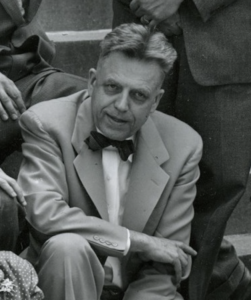
By Steve Ratcliff Steve has been researching humanists from LGBT history, focusing on digitised materials from the archives of LGBT […]
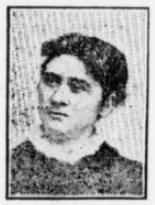
Conscious morality cannot exist in any being except so far as it can look behind, before, and around; and can […]
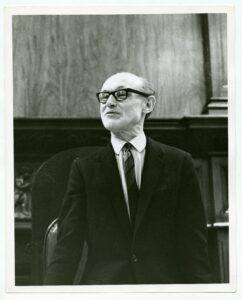
The time has arrived for us humans to stop leaning on ideas for a creator god; we should get down […]
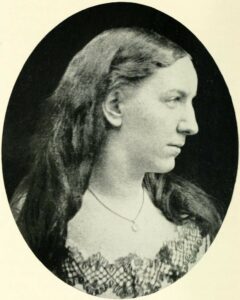
[Ouida’s] exaggerated enthusiasms made readers smile, but they also made them think. It would be difficult to overstate the effect […]